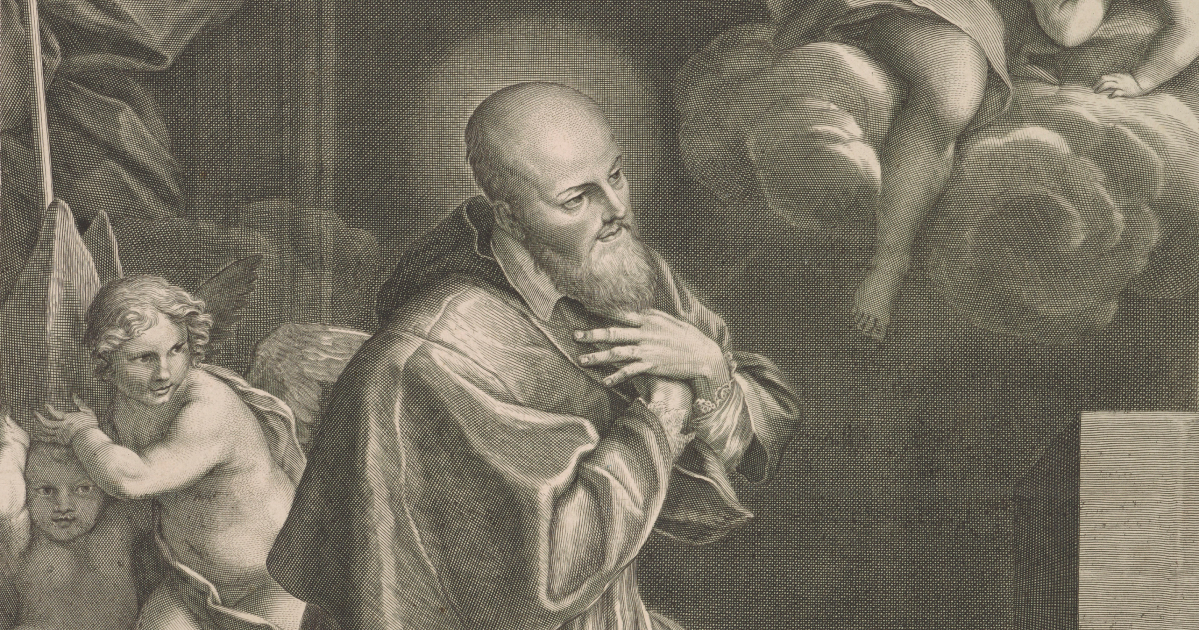Cardinal Gerhard Müller, former Prefect of the Congregation for the Doctrine of the Faith, has issued one of his strongest criticisms yet of the Synod on Synodality.
In a foreword to a new book, The Trojan Horse in the Catholic Church, written by the pseudonymous “Father Enoch”, the German prelate warns that the synodal process represents an attempt to reshape the Catholic Church according to secular and democratic ideals.
Cardinal Müller, who participated in both the 2023 and 2024 sessions of the Synod on Synodality in Rome, writes that he witnessed first-hand how the process had been “used as a means to undermine the hierarchical-sacramental structure of the Church and replace it with an inverted pyramid of governance”.
He describes the format of the assemblies as a fundamental break from previous synods, with bishops relegated to the same level as lay participants. According to the cardinal, this represents a decisive move away from the model set out in Lumen Gentium, the Second Vatican Council’s constitution on the Church, which defined its nature as hierarchical and sacramental.
He warns that this change marks a shift from an episcopal gathering offering counsel to the Pope towards something resembling the German Synodal Way or even an Anglican-style assembly.
The cardinal argues that the Church risks transforming itself into “a secular, worldly institution guided not by the teaching of Our Lord as revealed in Sacred Scripture and Apostolic Tradition, but by democratic principles”. Such a body, he writes, would cease to be the Mystical Body of Christ and instead become “an NGO with a religious, emotional and moralistic agenda”.
Cardinal Müller’s critique extends beyond the structure of the synod to its content. He claims the process was “extremely controlled”, with only selected speakers permitted to address the assembly at any length, and that its outcomes were predetermined by those directing it. Among its principal aims, he asserts, was the further normalisation of homosexuality within the Church.
He cites discussions and interventions that, in his view, sought to reinterpret the Church’s moral teaching by claiming “new insights” from the Holy Spirit that would allow for the blessing of same-sex unions.
The cardinal insists such attempts represent a “blasphemy against the Holy Spirit” and a deliberate distortion of Catholic doctrine. He characterises the LGBT ideology promoted by some within the synodal process as “anti-Christian”, warning that “Christ and the Antichrist cannot be reconciled”.
His foreword concludes with an appeal to bishops, priests, and laity to read The Trojan Horse in the Catholic Church in order to understand what he considers to be the grave spiritual and ecclesial dangers posed by the synodal experiment.
Cardinal Gerhard Ludwig Müller was ordained a priest in 1978 for the Diocese of Mainz. He pursued advanced studies in theology under Karl Lehmann and Joseph Ratzinger (later Pope Benedict XVI). He became Professor of Dogmatic Theology at the Ludwig Maximilian University of Munich in 1986 and was appointed Bishop of Regensburg in 2002.
In 2012, Pope Benedict XVI appointed Müller as Prefect of the CDF, making him one of the most influential figures in the Vatican’s theological and doctrinal oversight. He was elevated to the cardinalate by Pope Francis in 2014. After leaving the CDF in 2017, he became a vocal critic of theological liberalism and of many aspects of Pope Francis’s pontificate.
(Photos by Franco Origlia/Getty Images)





.jpg)











